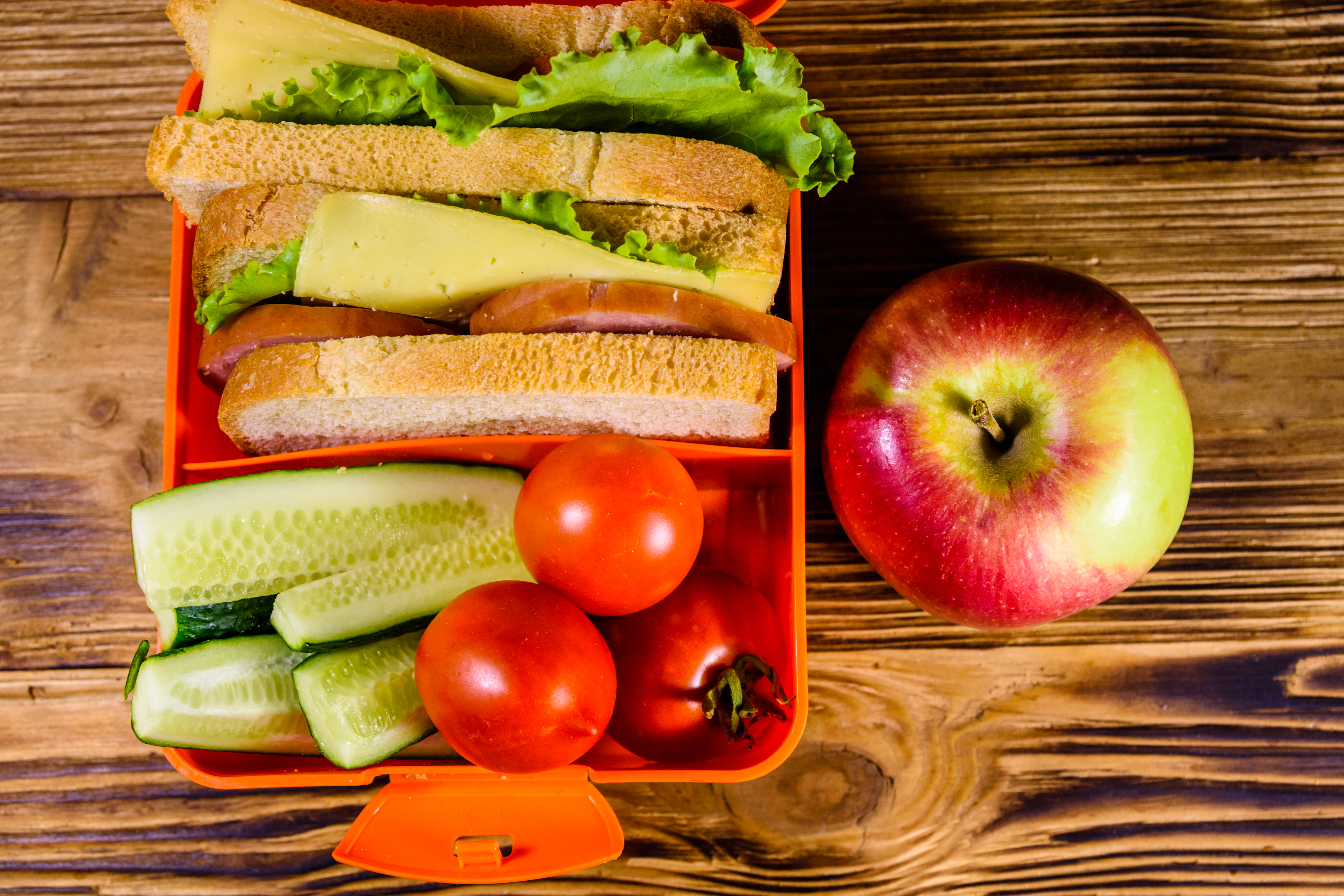
Archived Story: This article is part of our newsletter archives. It has
been preserved for reference, but the information may no longer be current.
It’s no secret that eating healthy in college can be a challenge. From a lack of time to a lack of funds, students may find themselves skipping meals, swinging by a vending machine or grabbing a family-size pack of Ramen to get them through their late-night study sessions.
If your student is struggling with their eating habits, the University Health Center registered dietitian can help. The first nutrition counseling visit is no additional cost to students who pay student fees, and charges for further visits can be submitted to your private insurance or paid out-of-pocket at a discounted rate.
Here are four ways on-campus nutrition counseling can help your student:
- Successfully navigate the dining halls – Going from a home-cooked, pre-portioned meal every night to a buffet-style cuisine with endless options can be overwhelming for some students. If they don’t understand proper portion sizes or how to eat a well-balanced meal, students may notice the scale start to climb and experience negative changes in their mood and energy levels. The registered dietitian can teach your student how to build a healthy plate from the many food options available on campus. They can collaborate to build a personalized nutrition plan that allows your student to enjoy their dining hall meals without overindulging.
- Build healthy snacking habits – Snacking is a part of the college experience. There’s nothing wrong with it if it’s done in a healthy way. It becomes a problem if students are skipping meals in favor of snacking, choosing processed junk food over healthy whole food options and snacking late at night before bedtime. If your student is concerned about their snacking habits, a visit with the registered dietitian can show them how to make smarter choices.
- Use food as medicine – Although nutrition counseling is often used as a tool for managing weight, it can also be used to treat ongoing medical and mental health concerns. The food you eat can be medicine for the body and improve health outcomes for conditions such as diabetes, high blood pressure or cholesterol, anxiety and depression, fatigue, migraines, digestive concerns, stress and more. Our dietitian can collaborate with your student’s health care provider to incorporate nutrition counseling into their holistic treatment plan.
- Eat according to their genes – We partner with Nutrigenomix, a biotechnology company that offers genetic testing for personalized nutrition. The tests show how a person’s body responds to different foods and nutrients based on their individual genetic profile, and the results will be interpreted and personalized by our Nutrigenomix Certified Registered Dietitian. For example, the general recommendation for coffee consumption is no more than four cups a day. However, a student’s DNA test results may reveal they carry a gene that increases their risk of heart disease; this means they should limit their coffee consumption to a lower amount each day because their metabolism of caffeine is slow compared to a faster metabolism. The same approach is used to determine their body’s unique limitations for sodium, omega-3 fats and more.
Students can schedule a nutrition counseling appointment at the University Health Center by calling 402-472-5000.
More details at: https://health.unl.edu/nutrition